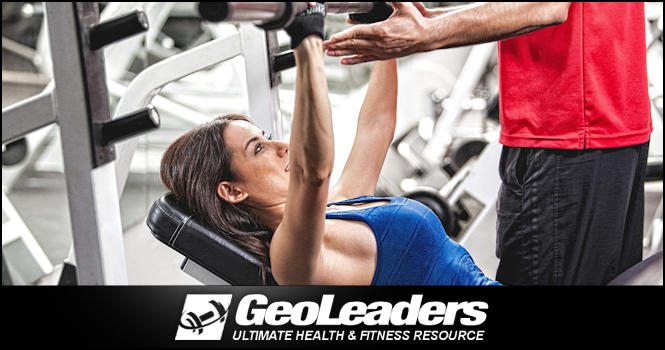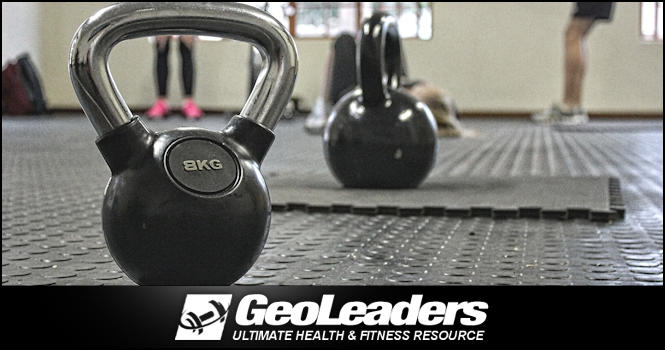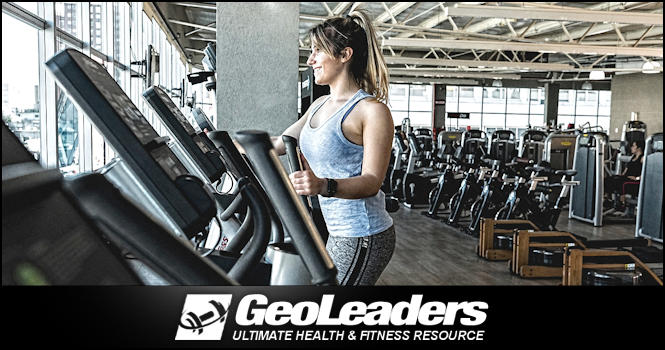The number of calories burned in a typical workout depends on many factors. Here’s a look at how many calories you burn in a weight loss workout that lasts about an hour.

Believe it or not, when you’re trying to lose weight, you’re actually at an advantage.
The world is full of countless opportunities for exercise and great calorie-burning workouts.
However, how many calories you will burn in a particular workout will depend on many factors.
In this article, we’re going to take a look at several different workouts and how they compare in calories burned.
We’ll also give you some tips on getting the most calorie burn throughout the day.
How Many Calories Will You Burn?
A workout that can help you lose weight can be anything from walking, running, or biking to playing recreational sports or pick-up games at the park.
Burning fat can also range from doing simple everyday activities like housework and gardening to more advanced things such as kickboxing classes at the gym.
But most people want to know how many extra calories can you really burn in any of those extra activities.
And also how much weight you can actually lose in the process.
That is all going to depend on different factors such as:
- The type of exercise you are doing
- The intensity of the exercise
- Your age
- Your current weight
- The overall time you engage in the activity
- Whether or not you are taking a thermogenic supplement
With that said, you can typically burn anywhere from 100 calories to 600 or more calories per hour-long workout.
What Goals Are You Trying To Achieve?
When deciding what type of weight loss exercise regimen to follow, you should consider the following questions:
- What are my specific goals?
- How much weight do I want to lose?
- Do I want to tone up or simply slim down?
- Do I want to keep my heart healthy?
When you are trying to lose weight, whether it’s from belly fat, arm fat or fat around your thighs, you will need to burn up more calories than you take in throughout the day.
Keeping that formula in mind and assuming that you don’t want to make any changes to your diet, if you set a goal to lose one pound of pure fat per week, you will need to burn off an extra 500 calories per day.
So if you are a female who is around 30 years old and weighs about 145 pounds, you will need to perform some form of very high-intensity exercise for at least 30 minutes consistently or at a moderate intensity for an hour.
An example of this scenario would be the option of running for a half-hour, which will burn up approximately 500 calories, or taking a kickboxing class for a full hour, which will burn up about the same 500 calories.
Don’t Give In To Post Workout Hunger
No matter what form of exercise you plan on engaging in, be aware that you may have the temptation to give yourself a reward for having a great workout in the form of extra calories.
This is because your hunger is probably going to increase with the added exercise, especially if you opt for a higher-intensity routine.
So just remember that in order to burn up the calories you need to lose weight, you must continue to keep your daily caloric intake in check so you can reach your goal of a 500-calorie deficit per day.
Making an Exception For Weight Training
Now if your goal is to tone up or build a little bit of lean muscle mass, you won’t necessarily need to create a deficit of calories, at least not that much.
But you might want to keep track of the overall number of calories you burn so that you can refuel and recharge with the right nutrient ratios of protein, carbs and fat.
Weight training is going to require more energy than typical cardiovascular training like the treadmill or elliptical.
So if you decide to lift weights for an hour, you will be burning an additional 200 calories more than you would otherwise.
This means that you’ll want to consume an extra 200 calories to offset the numbers, particularly in the form of protein.
Keep An Eye On Protein
It is important that you get enough protein when you are doing resistance training so your body can rebuild and repair muscle tissue that has been broken down during your weight training session.
Just start to pay attention and listen to your body’s hunger signals and you will get a sense of what and how much to eat in order to maintain lean muscle mass while training.
As a rule of thumb, and with all nutrition programs when you are trying to lose weight, try and stay away from eating high fat and high sugar foods.
What If You Just Want To Stay Healthy?
Now, what if your goal is not to build a lean and toned physique, but simply to keep your heart healthy?
If this is the case, you will only need to walk at a moderate pace, preferably outdoors, for 30 to 40 minutes per day.
A typical walking program like this will burn about 150 calories per workout.
Calories Burned According to Exercise Type
For your reference, here is a list of common fitness activities and the approximate number of calories your can burn per hour when you do them:
- Power Yoga: 450
- Spin Class: 400
- Elliptical Machine: 375
- Rowing Machine: 500
- Running: 1000
- Walking: 300
- Biking: 300
- Swimming: 500
- Zumba Class: 500
- Boot Camp: 550
- Weight Lifting: 220
- Basketball: 575
- Tennis: 550
- Racquetball: 500
- Soccer: 650
Final Thoughts: How Many Calories Are You Burning?
If you want to get a much more accurate number for yourself, you can purchase a digital calorie counter that fits around your arm or wrist and wear it during your training session.
Most calorie counters nowadays are advanced and can measure the heat your body puts off and calculates the number of calories you burn throughout the day based on your weight, age and gender, along with providing other information that may be useful to your fitness plan.



